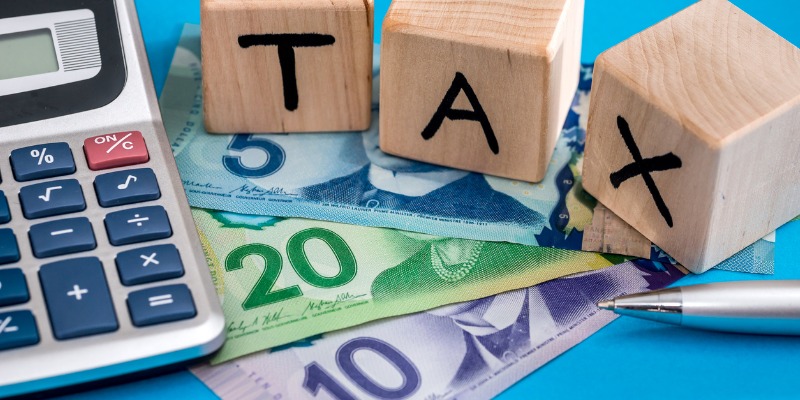
Fraser Institute
As the Trudeau government prepares its 2021 budget, the first in almost two years, policymakers in Ottawa must make important decisions about Canada’s taxes and how best to promote economic growth and prosperity, particularly in light of the COVID recession. Facing a large budget deficit due to record levels of spending, the government seems focused on finding new ways to raise revenue including rumoured hikes to capital gains taxes—a move that would be disastrous for Canada’s economic recovery.
Capital gains taxes apply to the sale of assets (such as a business or investment) when the sale price exceeds the original purchase price. Many assets are shielded from capital gains taxes including homes and investments in RRSPs, pensions or TFSAs. In this column space last month, we showed how a capital gains tax hike would hurt many Canadians—not just the rich. Indeed, capital gains taxes have important implications for entrepreneurship and business investment, which affects the overall economy.
Capital gains taxes reduce the incentive for entrepreneurship by lowering the rewards available to successful entrepreneurs, and make it harder for would-be entrepreneurs to start businesses and make existing businesses grow by making it harder to raise money. Any increase to capital gains taxes will hurt investment and entrepreneurship, which are both badly needed in Canada’s economic recovery given their connection to job creation and economic growth. Again, simply put, higher capital gains taxes reduce the incentive for investment and entrepreneurship.
Consider, for instance, that business investment, broadly measured to include residential and non-residential construction, machinery and equipment and intellectual property, declined by 1.4 per cent (on average) between 2015 and 2019 compared to a growth rate of 6.0 per cent prior to the last recession in 2009 and 7.7 per cent prior to the 2001 economic slowdown (the average annual decline increases to 3.0 per cent when residential construction is excluded). In other words, even before the current recession, Canada needed reforms to encourage investment.
Moreover, Canada’s tax rates in relation to other countries affect investment decisions. Worryingly, Canada already lacks any competitive advantage on capital gains taxes. Our recent study found that Canada ranks 22nd out of 36 industrialized countries for our capital gains tax rate. If the Trudeau government raised the tax to the level in place before the Chrétien-era reforms, we would fall to 32nd and further widen the gap between ourselves and our competitors.
Investment and entrepreneurship are key for job creation and the health of the economy. Capital gains taxes reduce entrepreneurship and investment and impose significant costs on the economy. Of all policy options available to the federal government in this recovery, a tax hike on capital gains would be among the worst. If anything, Canada should consider lowering its capital gains tax rate as a part of the economic recovery plan.
Authors:
Policy Analyst
Executive Vice President, Fraser Institute
Share This:





 CDN NEWS |
CDN NEWS |  US NEWS
US NEWS 



































COMMENTARY: Canadians Should Decide What to do With Their Money – Not Politicians and Bureaucrats